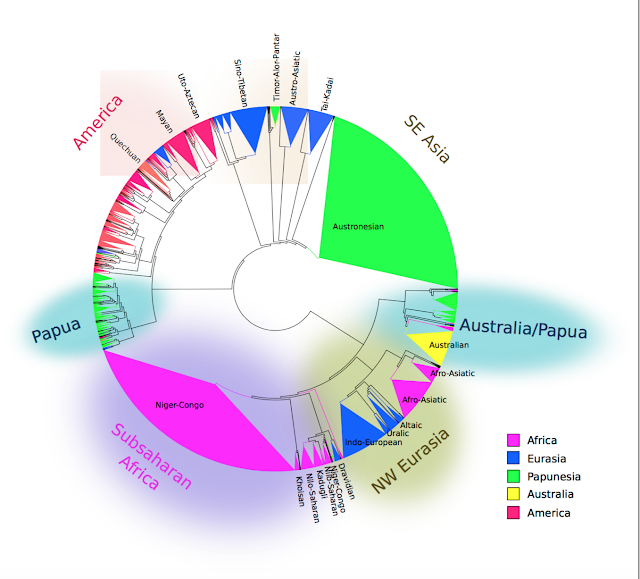Publish your research Open Access - for you, me and everyone!
Thinking of turning that MA thesis into an article, putting together an edited volume from a workshop or finally writing that big book on discourse particles that is going to solve everything? Why not consider O pen Access (OA) publishing instead of the traditional publishing houses and journals? With OA, people have an easier time actually reading your work, and you won't be feeding money into a potentially shady system that exploits academics as editors and reviewers for free, and then makes the same community pay to read the products. Furthermore, by selecting OA options that have a good reputation, you're not in danger of the standing of your work lowered. There are several traditional publishing venues who exploit the benevolence of the academic community by not paying reviewers and/or editors, not paying authors and then expecting university libraries to pay expensive rates when buying the published research - research that tax payers somewhere probably has already f...

